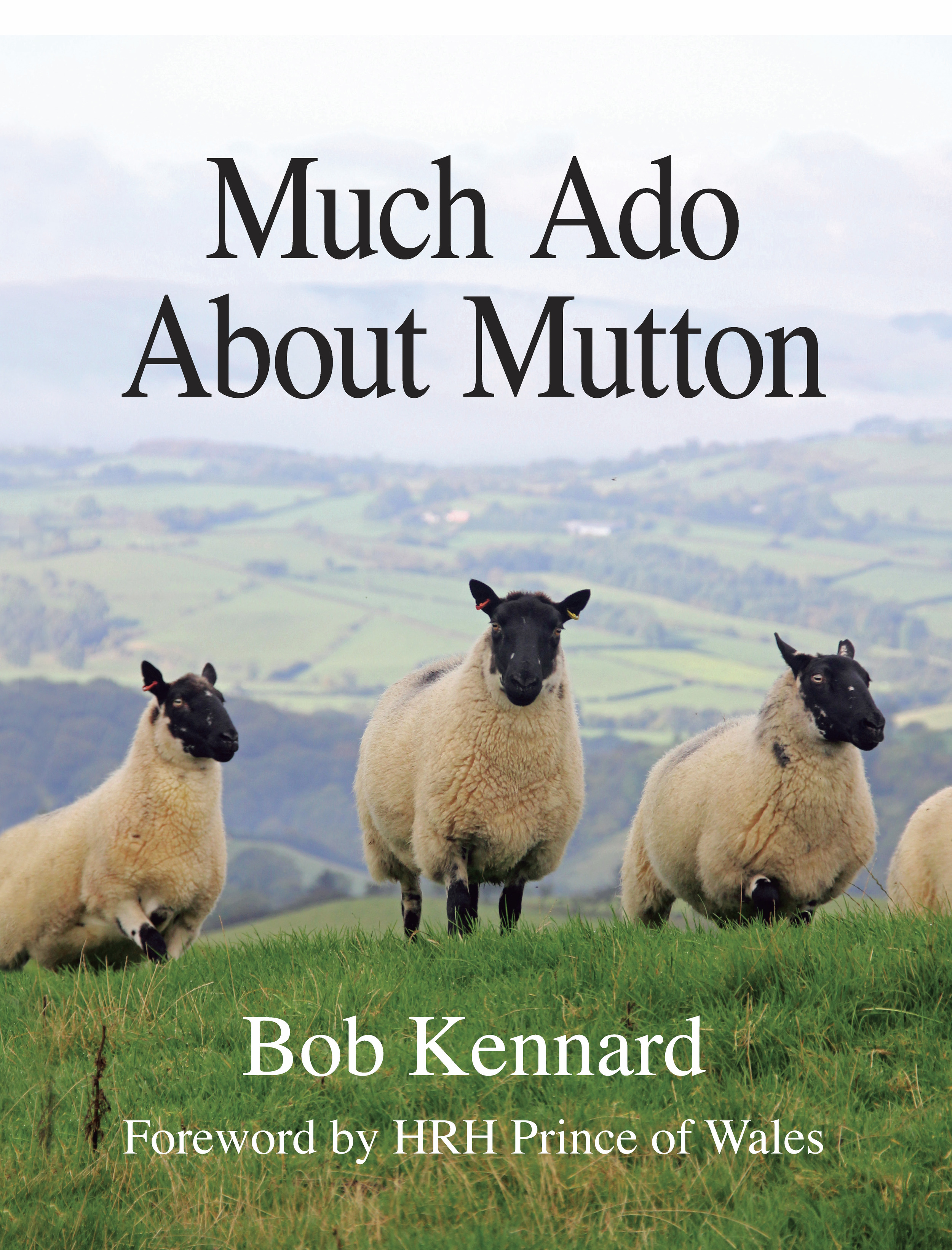Welcome!
For many hundreds of years, mutton was the main form of sheep meat eaten in these islands. Yet over the past 40 years, it has virtually disappeared from our shops and menus - and we were in real danger of losing one of our iconic foods, as much part of our culture and heritage as roast beef. Happily, the current revival of interest in mutton is putting it back in the spotlight, celebrating the versatility as well as the long tradition of this fabulous-tasting meat.
For many hundreds of years, mutton was the main form of sheep meat eaten in the United Kingdom. Yet over the past 40 years it has virtually disappeared from our shops and menus - and we were in real danger of losing one of our iconic foods, as much part of our culture and heritage as roast beef.
So what went wrong? The much acclaimed book Much Ado About Mutton tells the previously untold story of this superb meat
““Reader, I confess:I did choose this book for its title alone. Nonetheless, I am proud and pleased to number it among my collection””
Happily, the current revival of interest in quality mutton is putting it back in the spotlight, celebrating the versatility as well as the long tradition of this fabulous-tasting meat. And cooking it couldn't be easier than with a modern slow-cooker.
Mutton production has been entwined with the British landscape, our history, our wealth and our wellbeing since prehistoric times. The story of sheep and mutton is very much part of the story of the United Kingdom, and indeed of our Empire. Mutton fed our people through the upheavals of the Industrial Revolution, its fat lit our homes, it was served at the last lunch on the Titanic in 1912, and was a birthday meal on Captain Scott’s last expedition. Our uplands today are only enjoyed by walkers because of the sheep that have grazed them for hundreds of years. Mutton may even have had a part to play in saving us from invasion by the forces of Napoleon, as a dish of mutton was a favourite of the Duke of Wellington.
It is difficult today to appreciate just how ubiquitous mutton once was. As the authoritative Mrs Beeton exclaimed in 1861 “Mutton is undoubtedly the meat most generally used in families.” With the spread of sheep industries of the New World, so the habit of eating mutton spread across Australia, New Zealand, South Africa and the USA, with three of those industries being the result of a gift by the King of Spain.
British Heritage Sheep
This initiative from the National Sheep Association, is a scheme to popularise Britain’s native breeds of sheep - over 60 - the largest number of any country.
Author Bob Kennard also produced the report for this scheme - see report here. The work done for this report shows that there are real differences in flavours between breeds in older sheep. Indeed, the Victorians would have readily agreed, as is illustrated in Much Ado About Mutton.
A video of British Heritage sheep can be seen here.
For more information, please email Bob at mutton@nationalsheep.org.uk
Jamie Oliver backs real mutton
Watch Jamie Oliver cooking mutton on his Channel 4 programme Jamie and Jimmy’s Friday Night Feast, with Jimmy Docherty and author Bob Kennard (series 5, episode 5)
MUCH ADO ABOUT MUTTON
- The Book
Mutton, was the UK's most popular meat for centuries. This website includes extracts from the book by Bob Kennard, entitled 'Much Ado About Mutton', published in September 2014 by Merlin Unwin Books.
This is the first comprehensive book about the fascinating story of mutton. It includes the history, social and cultural impact, the farming, and a number of authentic mutton recipes. It also has a list of UK suppliers, and details of mutton breeds, and asks if mutton is the new Super-meat, using recent research on the composition of mutton from Australia. It also discusses the environmental impact of mutton.
Mutton in the USA
A US Coast-to-Coast books signing and talking tour by Bob and Carolyn Kennard took place in late 2015. Read the blog here, and above is a trailer of the blog.

